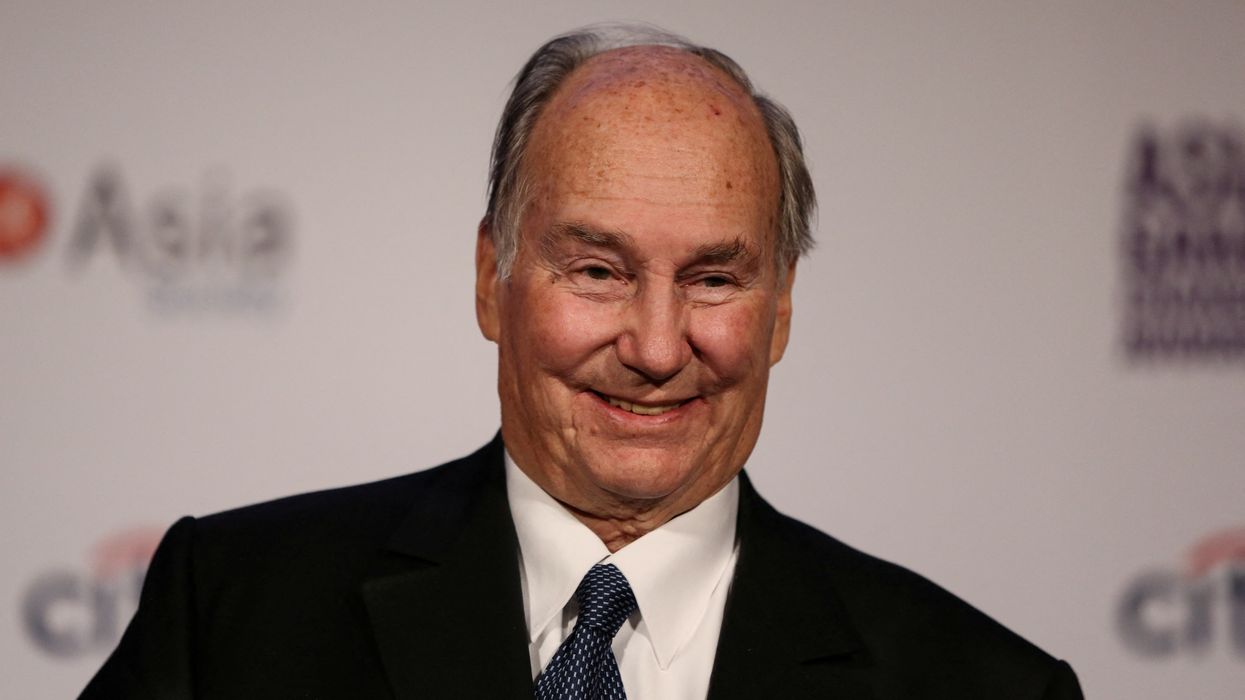HIS HIGHNESS Prince Karim al-Husseini, known as the Aga Khan, led the Ismaili Muslim community for nearly seven decades while building one of the world’s largest private development networks.
As the 49th hereditary imam of the Ismaili sect of Shia Islam, he combined religious leadership with extensive philanthropic efforts across Asia, Africa, Europe, and North America.
His work spanned education, healthcare, and cultural preservation, with a focus on improving the quality of life for communities worldwide.
He died on Tuesday at the age of 88. The Aga Khan Development Network and the Ismaili religious community announced that he passed away in Portugal, surrounded by his family.
Born in Geneva in 1936, he had British citizenship. He spent much of his early life in Kenya before attending Harvard University, where he studied Islamic history.
In 1957, at the age of 20, he was appointed imam by his grandfather, Sultan Mohammed Shah Aga Khan III. This decision bypassed his father, Prince Aly Khan, and marked a significant shift in leadership, with his grandfather stating that the new imam should be a "young man" for a "new age."
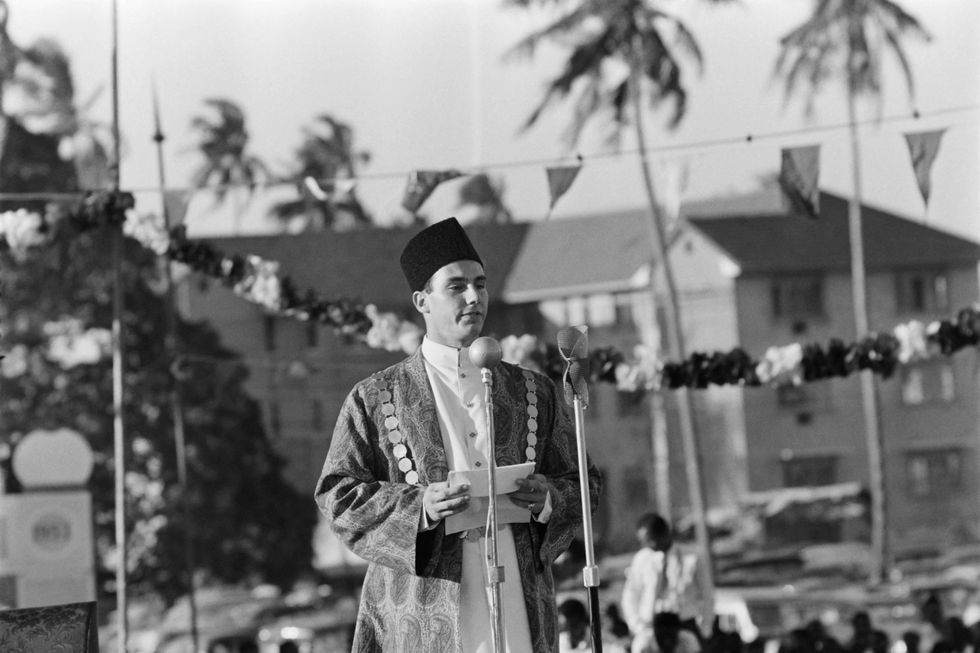
Considered by his followers to be a direct descendant of the Prophet Muhammad, the Aga Khan was given the title “His Highness” by Queen Elizabeth in July 1957, two weeks after being named heir to the family's 1,300-year dynasty.
A long-time friend of the late Queen Elizabeth, he was appointed KBE in 2004. He marked his Diamond Jubilee in 2017-18 with a global tour highlighting his humanitarian efforts.
In 2018, he was hosted by Queen Elizabeth II at Windsor Castle and, alongside the then Prince of Wales, inaugurated the Aga Khan Centre in King’s Cross.
In the UK, he played a key role in cultural and educational initiatives. The Ismaili Centre in Knightsbridge was opened in 1985 by then-prime minister Margaret Thatcher as a hub for community gatherings and interfaith dialogue.
It remains a landmark for the Ismaili community in London. He also invested in academic institutions, including the development of a university in King’s Cross focused on research and higher education.
Opened in 2018 in London’s Knowledge Quarter, the Aga Khan Centre houses UK-based institutions founded by him, including the Aga Khan Foundation UK, Aga Khan University’s Institute for the Study of Muslim Civilisations, and the Institute of Ismaili Studies, promoting education, cultural exchange, and global development.
Despite being born into wealth and privilege, the Aga Khan framed his role as both a spiritual leader and a guide for economic and social development.
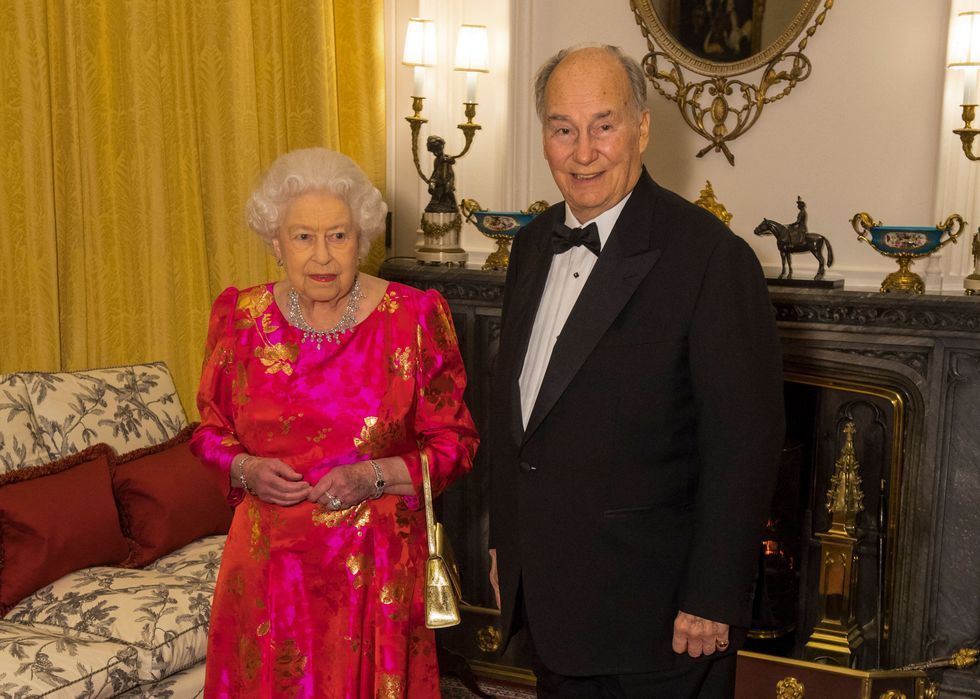
He described Islam as advocating for social responsibility and ethical wealth. He was known for his contributions to philanthropy and for establishing institutions that would continue beyond his lifetime.
Aga Khan IV was widely regarded as a bridge between Muslim societies and the West. He focused on development projects rather than political affairs, with his Aga Khan Development Network (AKDN) working in over 30 countries in sectors such as healthcare, housing, education, and rural development.
The organisation has an annual budget of about USD 1 billion for nonprofit activities.
In 1967, he founded AKDN, which operates in over 30 countries and employs nearly 100,000 people. The network focuses on education, healthcare, poverty alleviation, and cultural preservation.
Its programmes have supported literacy initiatives, built hospitals, and provided microfinance opportunities, particularly in South and Central Asia, Africa, and the Middle East.
Among its major projects are schools and universities that have improved access to education, the restoration of historic sites such as the Mostar Bridge in Bosnia and Aleppo’s citadel in Syria, and medical institutions that have contributed to reducing maternal mortality and malnutrition.
He stated that his foundation’s work was non-political and secular, aimed at improving lives regardless of religious affiliation.
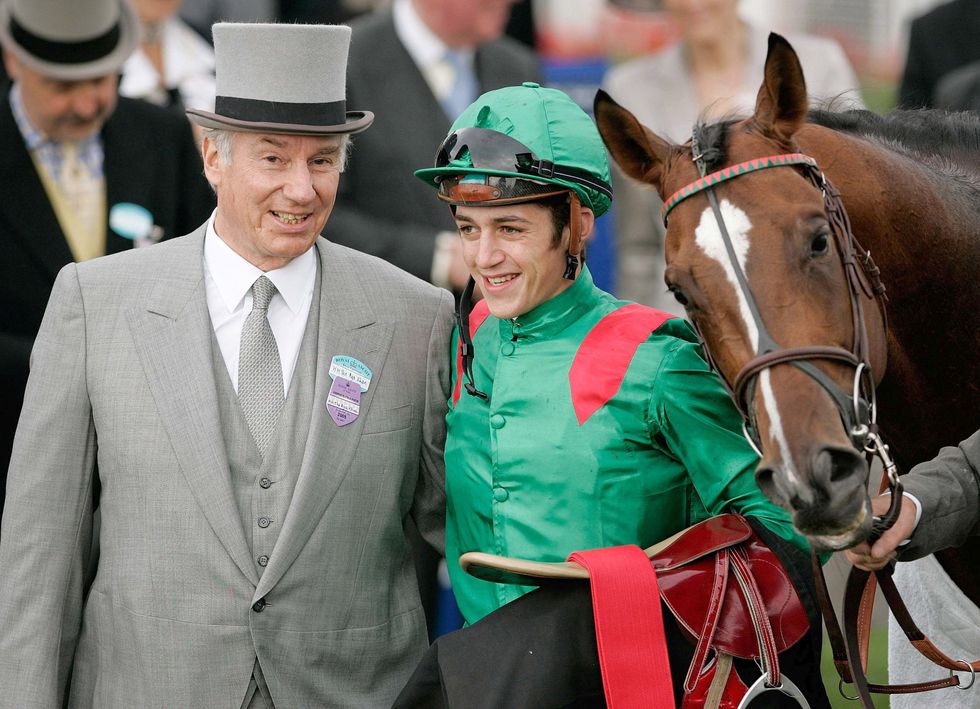
In Canada, he was recognised for promoting multiculturalism and development and was granted honorary Canadian citizenship for fostering global tolerance and improving social conditions.
His foundation supported various social and educational initiatives across the country. In the United States, his institutions worked on projects related to healthcare, education, and cultural preservation, including exhibitions showcasing Islamic art and history.
In Africa, AKDN played a key role in improving healthcare, rural development, and education. Hospitals and medical training programmes established under his leadership contributed to better healthcare access across multiple nations. His foundation’s projects helped address poverty and improve infrastructure.
He was also deeply involved in horse racing, continuing a family tradition. He built one of the most successful racehorse empires and owned the famous thoroughbred Shergar, which won the 1981 Epsom Derby before being kidnapped two years later in Ireland. Despite the setback, he remained a major figure in the racing industry.
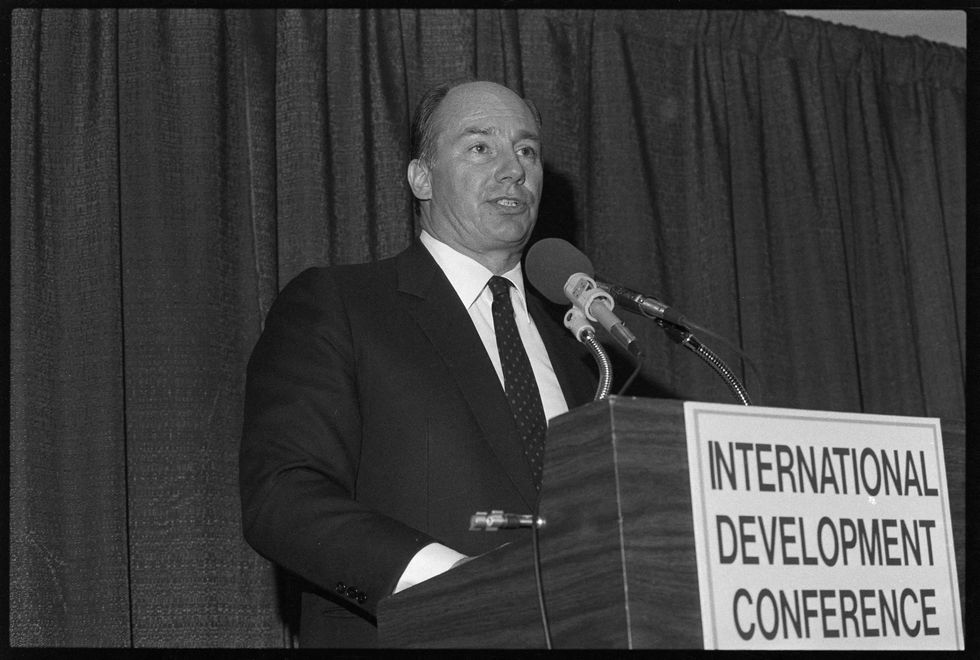
Throughout his life, the Aga Khan maintained that wealth should have a social purpose.
In an interview, he stated, “There is nothing wrong with being well off as long as money has a social and ethical value.” He positioned his work as an extension of Islamic ethics, aiming to leave behind a better world.
As both a religious figure and a global philanthropist, he was one of the most influential leaders of his time. His successor will be announced in accordance with Ismaili tradition, continuing the work he dedicated his life to.
(With inputs from agencies)
